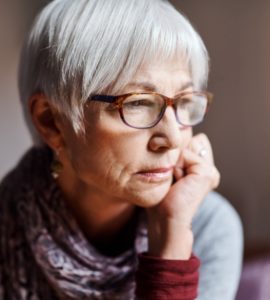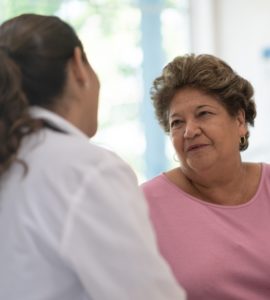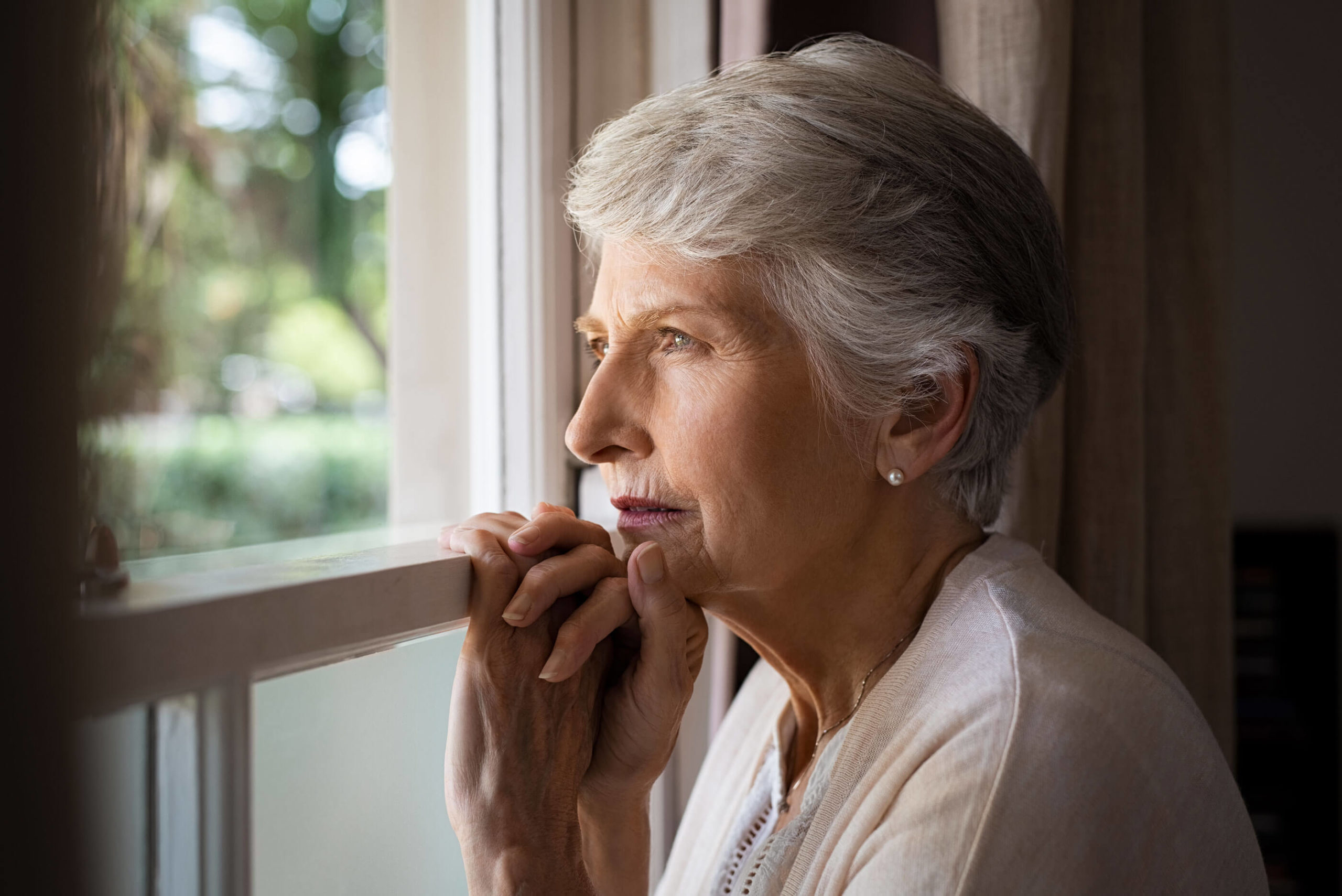Wellness Check
The Importance of Overcoming the Stigmas Around Mental Health
Dec 2021 | By Catherine Daley
The underlying shame of getting help for our mental health
There’s a theory of shame that recognizes various “shame triggers” amongst different cultures, but common ones that tend to span the globe include sexuality, physical health, religion, appearance, body image, mental health, aging, trauma, family and speaking out.
Our early beginnings
Most of our older senior citizens were born to mothers who were sedated in a clinical environment when they gave birth. Even the Queen of England wasn’t awake for the arrival of her four children. No fuss, no muss. And, in some ways, it’s what the fathers of this generation also thought. They waited in the waiting rooms while pacing and smoking.
It wasn’t until the late 60s and early 70s, when physicians finally relented and allowed men to be in the delivery room, as long as they remained at the head of the table so that they couldn’t see what really was happening. Even our mothers didn’t know what really happened, and shame forbade anyone to talk about it. As a new mother in the 80s, my mother’s generation had very little to share with me about what I could expect.
This historical perspective portrays a generation of people who grew up amongst silence and mystery. Certain things just weren’t talked about, and, as a result, shame continued to perpetuate the cautionary tales. As adults, many were never informed as to how to deal with the unknown because of this shroud of secrecy, even when it came to family history.
We’re all in the same boat
 What’s also true about our generation, is that not much shocks us, as we’ve seen it all. But, do we talk about it? In her TED Talk, research professor Dr. Brene Brown says, “Shame drives two big tapes in our lives – I’m never good enough, and who do you think you are?” She also goes on to say that shame isn’t guilt. Shame is a focus on self, whereas guilt is a focus on behaviour. Shame is: I am bad. And guilt is: I did something bad. As a result, shame highly correlates with addiction, depression, violence, aggression, bullying, suicide and eating disorders.
What’s also true about our generation, is that not much shocks us, as we’ve seen it all. But, do we talk about it? In her TED Talk, research professor Dr. Brene Brown says, “Shame drives two big tapes in our lives – I’m never good enough, and who do you think you are?” She also goes on to say that shame isn’t guilt. Shame is a focus on self, whereas guilt is a focus on behaviour. Shame is: I am bad. And guilt is: I did something bad. As a result, shame highly correlates with addiction, depression, violence, aggression, bullying, suicide and eating disorders.
Watch Dr. Brown’s TED Talk here >
Emotional health affects physical health
And at a more-advanced age, we’ve experienced much more, and we may be suffering more as a result. Loss, loneliness, transitions, changes in housing, chronic health conditions, new family social roles and fear of the inevitable, all come in to play. Add to that, circumstances that influence our identity, our self-esteem and our sense of belonging, and the need to talk freely about these concerns becomes all-the-more important. 
Ultimately, psychotherapy provides us with the opportunity to express these complex feelings, and helps to reduce the emotional stress attached to them.
As we age, we experience ongoing losses of those who are important to us, and this can lead to social isolation and loneliness, which is then linked to depression, anxiety and an increased risk of cognitive decline. As humans, we require connectedness with others.
Therapy has also been proven to help with sleep disturbances, pain, sexual issues and interpersonal relationship difficulties. There’s no shame in asking for help. Brene Brown also says that vulnerability is not weakness – it’s emotional risk, exposure, uncertainty, and it fuels our daily lives. Adaptability to change is all about vulnerability.

